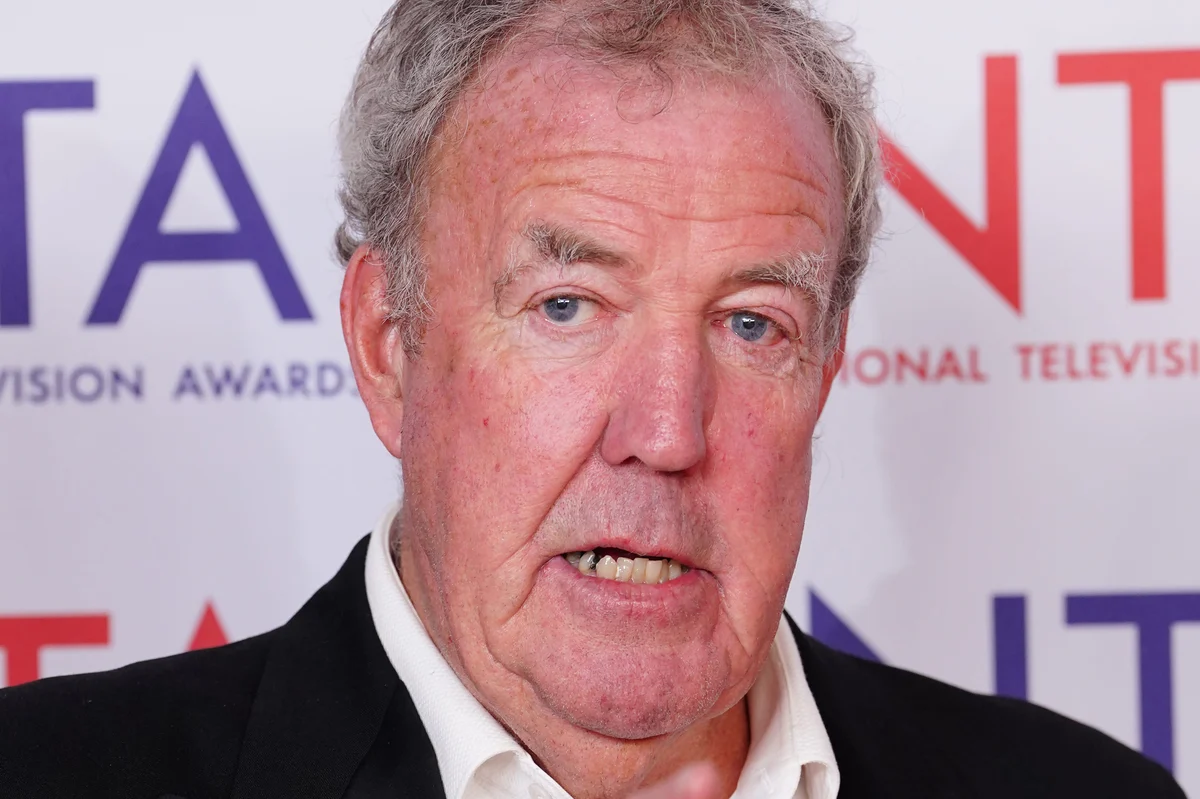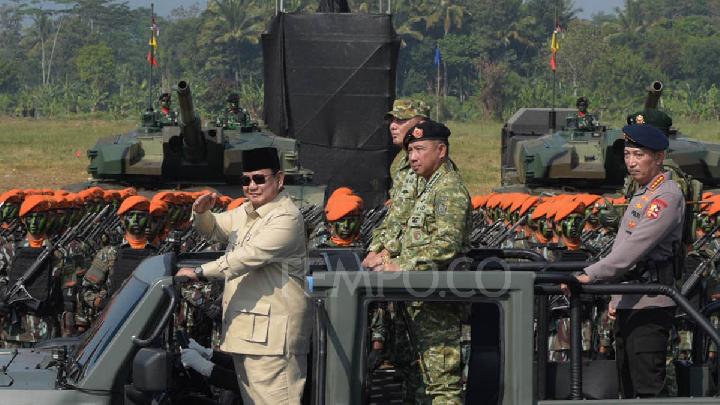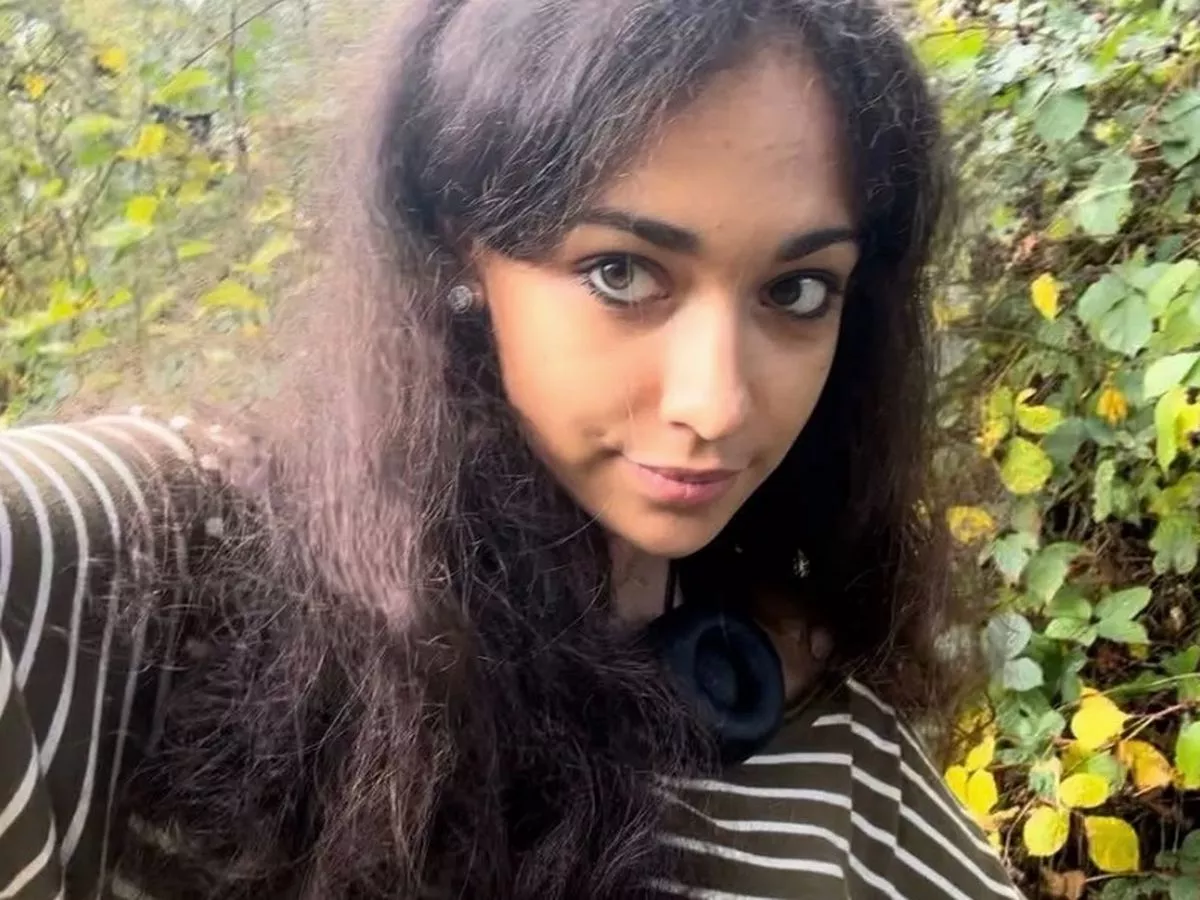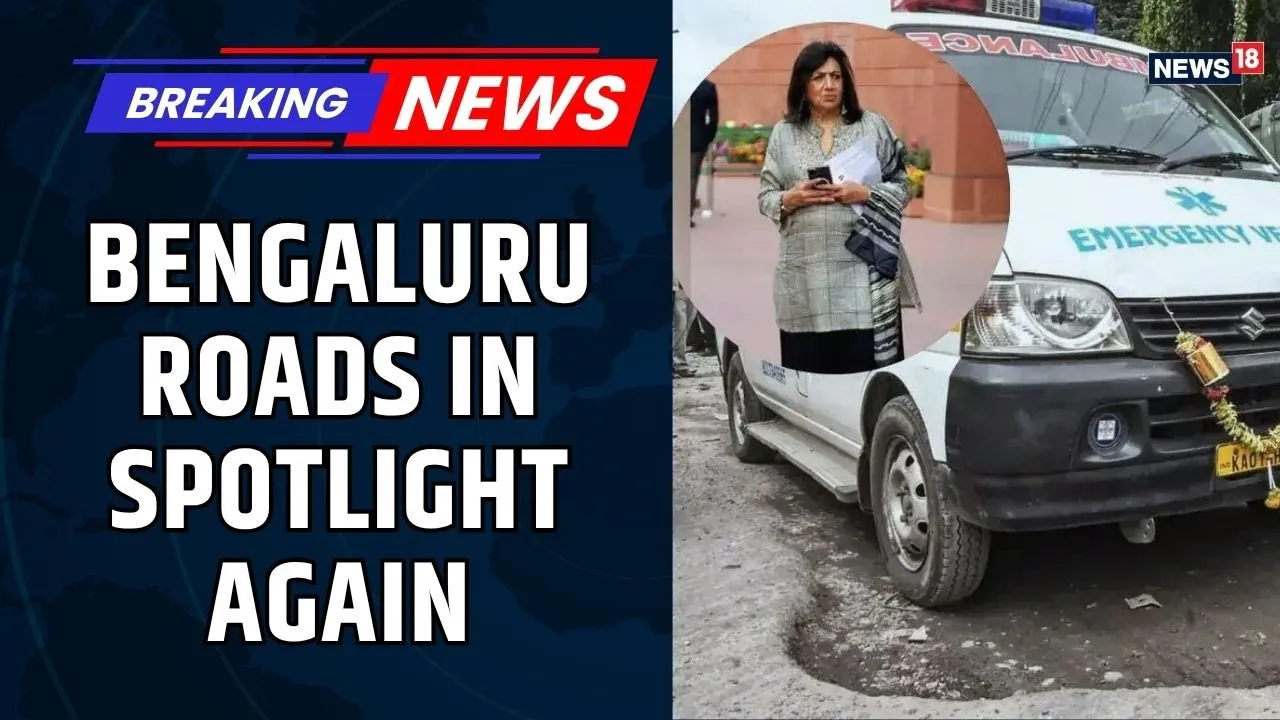Copyright cleveland.com
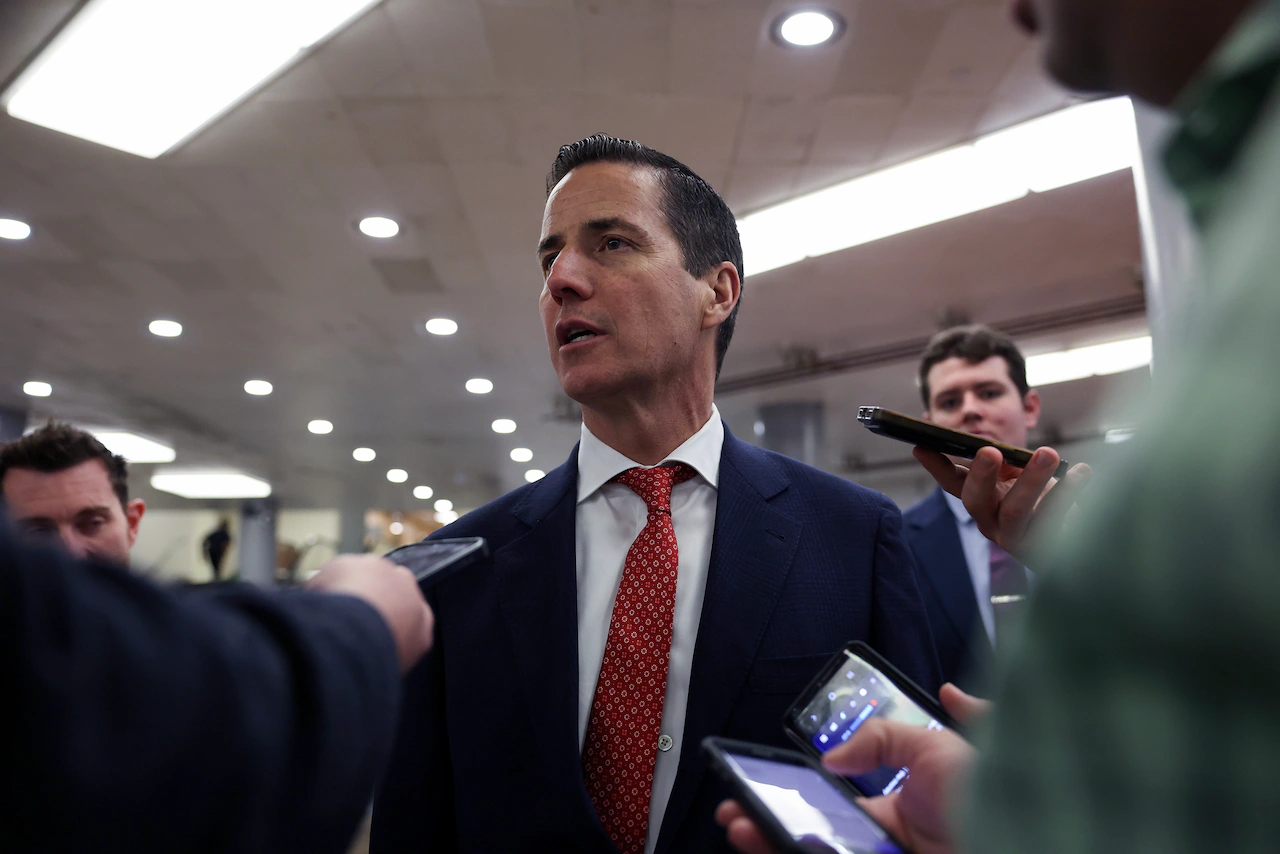
WASHINGTON — U.S. Sen. Bernie Moreno criticized leaders in both his native Colombia and neighboring Venezuela during a Senate hearing on Hezbollah’s drug trafficking operations in Latin America, boldly predicting that Venezuelan dictator Nicolás Maduro will be removed from power within months. “I would be surprised if he’s still in Venezuela by the end of this year,” the Westlake Republican said during the Senate Caucus on International Narcotics Control hearing this week, adding that freeing Venezuela from Maduro’s rule “will be one of President Trump’s many, many legacies.” The hearing came amid an escalating confrontation between the Trump administration and South American countries over U.S. military strikes on alleged drug-trafficking vessels. In what is the eighth known U.S. attack on a boat since September 2, the military struck a vessel off Colombia in the Pacific on Tuesday, killing several people. The previous seven strikes targeted boats in the Caribbean, killing dozens of people. The strikes have sparked a diplomatic crisis with Colombia, where President Gustavo Petro accused Washington of “murder” after a U.S. military strike on an alleged drug-trafficking vessel killed Colombian fisherman Alejandro Carranza. Petro said the White House had violated his country’s sovereignty and that Carranza had “no ties to the drug trade.” Trump responded by calling Petro an “illegal drug leader” and announcing that the U.S. would slash funding to Colombia. That prompted Colombia to recall its ambassador to the United States. The Trump administration has told Congress the U.S. is in a “non-international armed conflict” with drug cartels, though lawmakers on both sides of the aisle have questioned the attacks’ legality. The freshman Republican senator, who was born in Colombia and came to the United States with his family as a child, used the hearing to outline what he called the “Trump doctrine” for Latin America — an aggressive approach that includes designating drug cartels as foreign terrorist organizations, naming Venezuela a state sponsor of terror, and investigating whether Latin American politicians have been elected with money from narco-terrorists. Moreno was particularly critical of Petro, who leaves office next year. When witness Matthew Levitt suggested Petro’s pro-Hamas stance was about “his politics,” Moreno asked: “his politics, or his pocketbook?” The Ohio senator argued that Petro let the Middle Eastern terrorist group Hezbollah expand its presence in Colombia over the past four years, though Levitt testified Hezbollah has been present in Colombia for a long time. Hezbollah’s financial crisis and drug ties The hearing brought together former government officials and terrorism experts who painted a picture of a weakened but still dangerous Hezbollah increasingly turning to Latin American drug trafficking to survive. Nathan Sales, former State Department coordinator for counterterrorism, told senators that Hezbollah is facing unprecedented financial pressure after Israeli military operations decimated its leadership and infrastructure. “In this dramatically changed strategic environment, Hezbollah may find itself relying more than ever on alternative sources of funding – including the drug trafficking in Latin America that is the subject of today’s hearing,” Sales testified. Sales detailed how Hezbollah has been responsible for attacks killing Americans for decades, including the 1983 Marine Corps barracks bombing in Beirut. More recently, he said, FBI agents arrested Hezbollah operatives conducting surveillance on the Panama Canal and casing potential targets in New York, including at the Statue of Liberty and Times Square. One defendant received a 40-year prison sentence. Under Maduro’s dictatorship, Sales said, “Venezuela has emerged as a key enabler of Hezbollah’s malign activity in the western hemisphere,” providing operatives with official documentation and allowing the group to use Caracas as a base for criminal activities. Marshall Billingslea, former Treasury assistant secretary for terrorist financing, testified that before Israeli operations, Hezbollah “operated the most far flung, diversified financial operations of any terrorist group.” He said that as much as a third of Hezbollah’s funds — potentially $200 million per year — came from South America. “Black cocaine” and free trade zones Dr. Matthew Levitt of The Washington Institute detailed Hezbollah’s sophisticated drug trafficking operations, including the use of “black cocaine” — powdered cocaine disguised as charcoal to evade drug-sniffing dogs and chemical tests. Levitt described how Hezbollah has historically exploited Latin America’s Free Trade Zones, particularly the tri-border area where Argentina, Brazil, and Paraguay meet, to launder drug proceeds through trade-based arrangements, real estate ventures, and currency exchanges. Robert Clifford, a former FBI supervisor who led an undercover operation against a Hezbollah cell in Charlotte, North Carolina, testified about the sophistication of Hezbollah’s operations. That cell raised millions of dollars through cigarette smuggling, tobacco tax evasion, insurance fraud, and money laundering. “Hezbollah is weakened, and perhaps at no time in its bloody and violent history has it faced such challenges to survive,” Clifford testified. “But there should be no doubt — Hezbollah is continuously evolving to not only survive, but to emerge stronger, especially in our own hemisphere.” Moreno seeks money laundering penalties During questioning, Moreno advocated for dramatically increased penalties for money laundering, arguing that fines should be double the amount laundered rather than a percentage of profits. “If you get caught laundering a billion dollars, the penalty should be $2 billion,” Moreno said. He also questioned witnesses about whether a surge of migrants at non-designated ports of entry weakens security at legal crossing points — a line of questioning that led to discussion about whether Hezbollah operatives may have entered the United States through the southern border during the previous administration. “When you see the impeding of ICE operations ... what you’re doing is you’re helping the criminals,” Moreno said. Clifford testified that while he had no empirical evidence of Hezbollah operatives crossing the southern border, “knowing how Hezbollah operates” and their ability to “improvise, adapt and overcome,” he said “it would not surprise me that Hezbollah operatives have entered the United States in any number of manners, to include crossing southwest border.” Moreno said that over the past few decades, the United States hasn’t “meaningfully” engaged in Latin America. He said Trump will change that by designating drug cartels as foreign terrorist organizations, designating Venezuela as a state sponsor of terror, and putting narco terrorists on a Treasury Department list that subjects them to U.S. economic and trade sanctions “We’re going to clean up Latin America and rid corruption,” he said.
